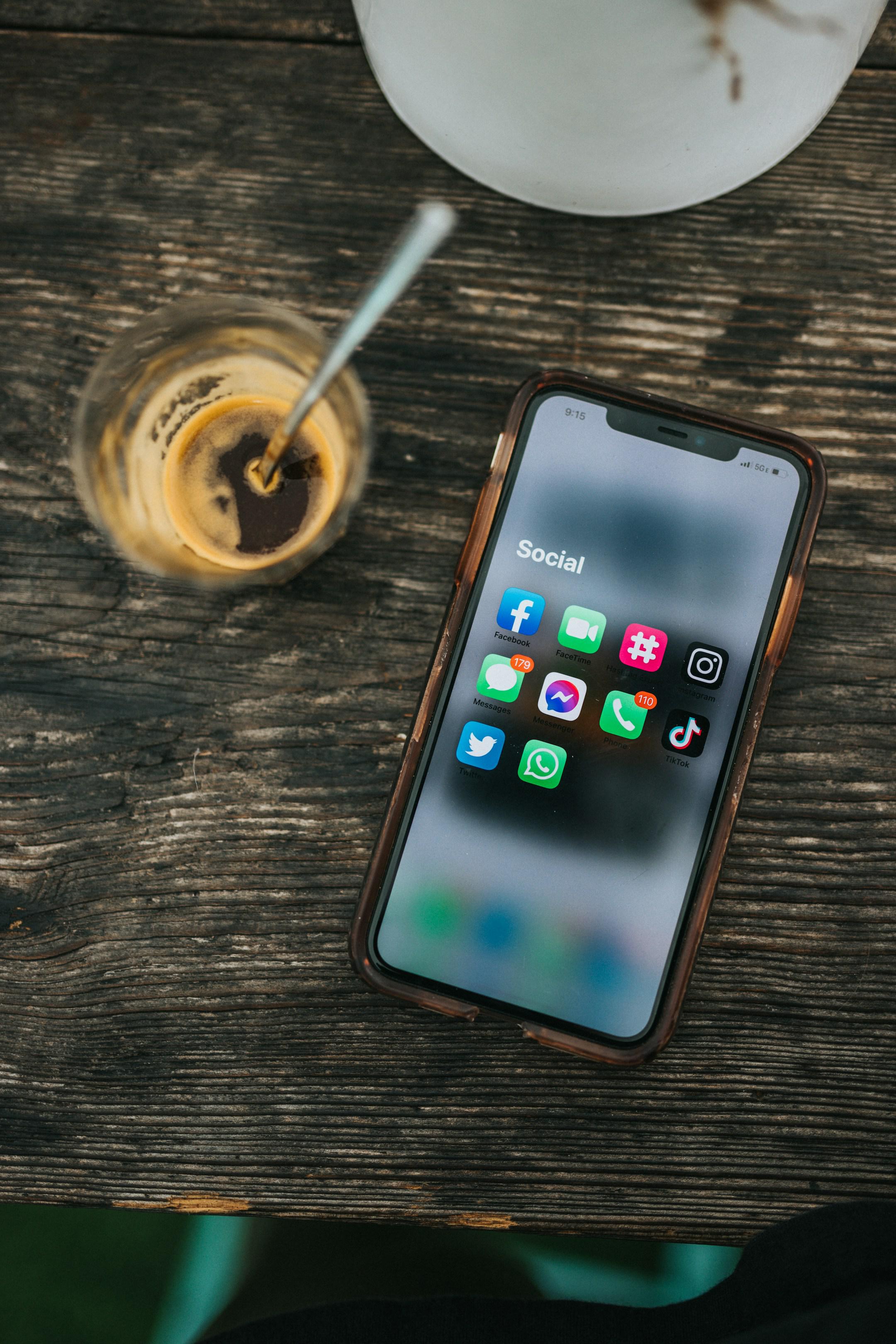Fight for the money you deserve now!
CALL NOW: 910-762-1199
In today’s digital age, social media is everywhere. We post our meals, our travels, and our daily lives for the world to see. But if you’re entangled in a personal injury case, particularly after a car accident, the consequences of your social media activity can be far-reaching and complex.
Understanding how your online presence can influence your case is crucial. Continue reading as our team of car accident lawyers in Wilmington delves into this topic.
Social media, while a fantastic tool for connecting with friends and sharing moments, can become a minefield in the realm of legal disputes. Imagine this: you’re battling a personal injury claim, and every tweet, Instagram post, or Facebook update becomes a potential piece of evidence. What might seem like an innocent update could become a critical piece of the puzzle in your case.
Picture this: you’ve claimed severe back pain after a car accident, and yet, you post a photo of yourself hiking on a picturesque trail. This could be a red flag for insurance companies and defense lawyers. They might argue that if you can hike, your back pain isn’t as debilitating as you claim. Even a casual comment about feeling “better today” might be seized upon to challenge the severity of your injuries.
Social media posts can sometimes portray an image of recovery or normalcy that may not align with your actual condition. For instance, posting cheerful updates or engaging in activities might suggest to others that your recovery is swift, even if your reality is different. This discrepancy can be leveraged to argue that your injuries are exaggerated or even fabricated.
One common misconception is that setting your social media profiles to “private” offers complete protection. However, this isn’t foolproof. Defense attorneys and insurance adjusters have various means of accessing your social media content, even if you think it’s restricted. Therefore, it’s wise to assume that anything you post could potentially become part of the case.
Navigating social media while managing a personal injury case requires careful consideration. Here are some practical strategies to ensure your online activity doesn’t inadvertently jeopardize your case:
Reduce Your Social Media Footprint: During the course of your case, consider scaling back your social media activity. The less you post, the fewer opportunities there will be for misinterpretation or misuse.
Avoid Discussing the Case: Steer clear of discussing the details of your injury or the specifics of your case online. Even general comments or offhand remarks can be used against you. Keep your discussions about the case between yourself and your attorney.
Think Before You Post: Before sharing any photos or updates, ask yourself if they might contradict your claims. A seemingly innocent picture or post can be taken out of context and used to challenge your credibility.
Consult with Your Attorney: Work closely with your personal injury attorney to develop a strategy for managing your social media presence. They can provide tailored advice to help you avoid pitfalls and protect your case.
Understanding the potential impact of your online activity is essential for safeguarding your case. If you’re navigating the complexities of a personal injury case, especially following a car accident, expert legal guidance can be invaluable.
If you require tailored legal advice and assistance with your personal injury case, our team at Rodzik Law Group is here to help. A knowledgeable attorney will help you navigate the legal challenges and ensure that your social media presence doesn’t undermine your claim. Reach out to a car accident lawyer in Wilmington to get the support you need and protect your rights throughout the legal process.